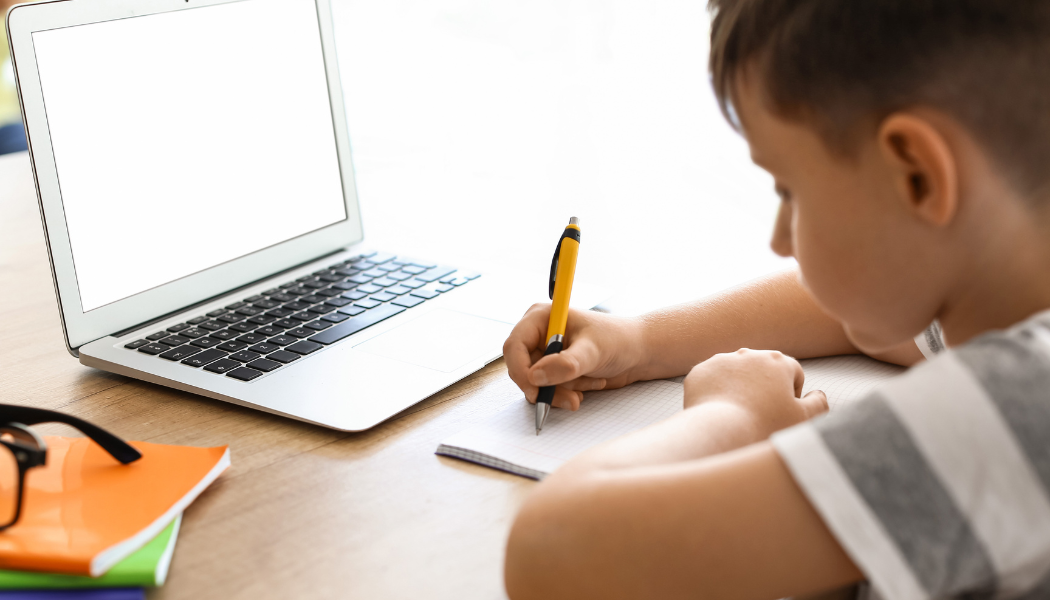
Twelve weeks, 58 students divided into four groups, and four educators - in numbers, the pilot education of the EduBot project in Hungary.
The developed digital content supports individual mathematics learning in an e-learning system. During the pilot education, both input and output testing were conducted, measuring students' competencies before and after the pilot education. Based on the tests, the improvement at the end of the education was 27.78%.
During the testing of the method, both the e-learning system and the digital content were evaluated. The results of the testing in Hungary will be used during the pilot education in other countries.
Tasks were performed by students in the classroom, but they also received homework and could participate in online consultations. Teachers evaluated students' work and performance weekly. Online consultations were held by topic, where students received additional support from teachers.
One topic was covered each week, totaling 12, and students were grouped based on their results (result-based grouping for differentiation purposes). Based on their performance in the system, students' further development on individual topics was realized through small-group online consultations created weekly. As a result, students were classified into four clusters each week, with each cluster being supervised by a teacher.
The goal of result-based differentiation creating homogeneous small groups is to provide more effective assistance so that teaching methods align as closely as possible with students' abilities and levels of development. Students in the same small group have similar levels of knowledge and skill structures and face similar difficulties. The advantage of small-group consultations is that the supervising teacher can address and resolve issues that arise in the system, as needed. The supervising teacher reviewed challenging areas and tasks with the children, discussed emerging questions, theoretical knowledge, and solved tasks together.
One of the goals of EduBot is to provide personalized support for students' learning and enable teachers to differentiate according to the specific needs of students. Therefore, during testing, students were divided into smaller groups weekly based on their performance in the topic of the week.
As part of the strategic partnership Erasmus+ project, EduBot aims to provide an AI assistant to support teachers, guiding each student through a digital curriculum, adapting flexibly to the student's level of knowledge and learning habits, and using data from the learning process to support teachers in organizing differentiated education. In addition to developing the curriculum, the project will also develop the methodology, making the application usable for processing any other subject/curriculum.
The partners of the EduBot project are the Hungarian Interregional Forum Association, Instytut ADN from Poland, Harghita County Council from Romania, RegioNet, and Tandem n.o. from Slovakia. The project started in 2022 and will end in 2024.
About the project and the use of artificial intelligence in education: https://www.facebook.com/profile.php?id=10009253533387